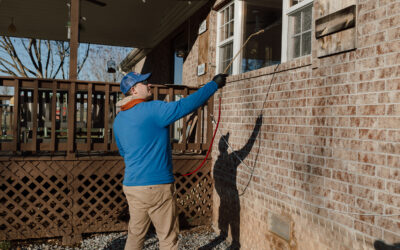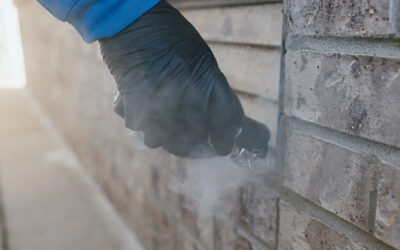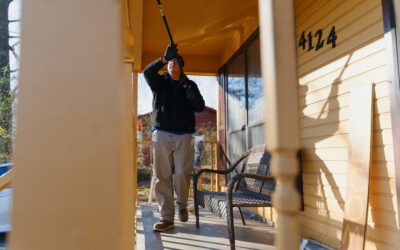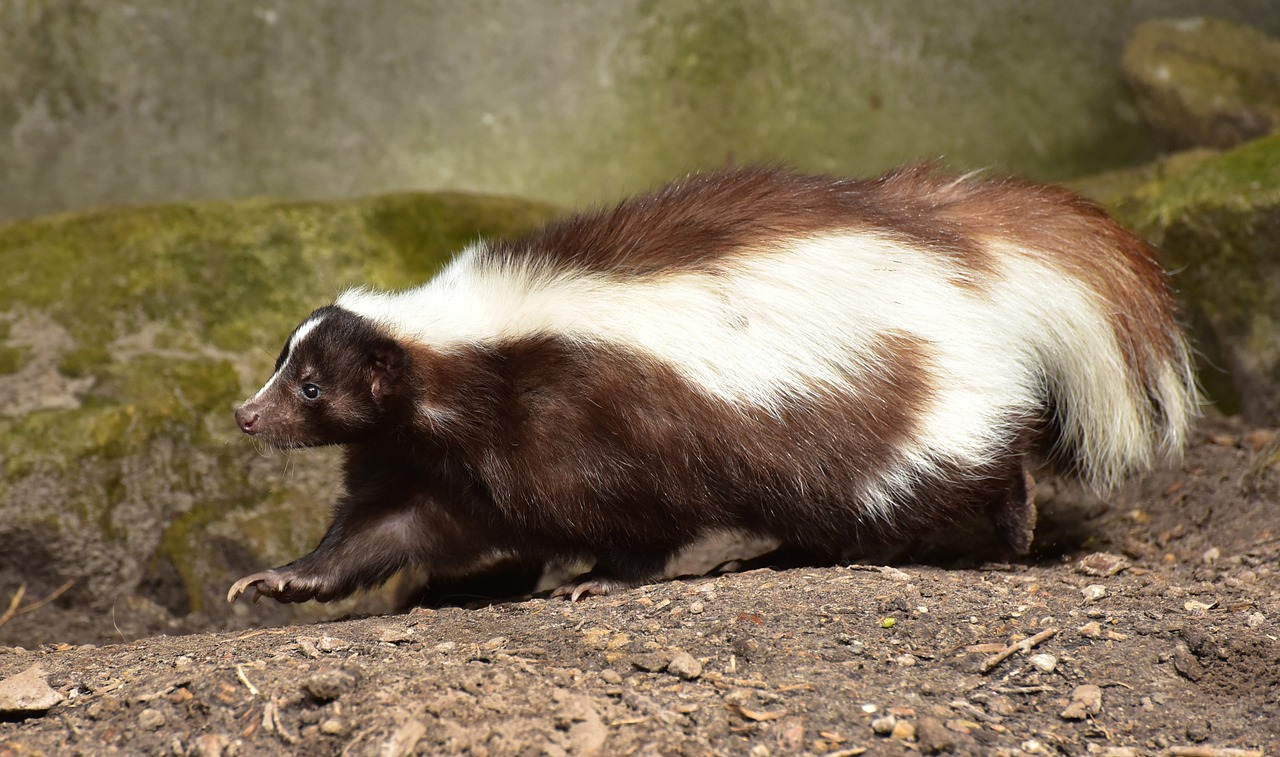
How to keep skunks away from my yard
Keeping skunks away from your yard involves making your property less appealing to them and implementing some deterrents. Skunks are attracted to food sources and shelter, so your goal is to eliminate these attractions and create an environment that discourages their presence. Here are some tips to help you keep skunks away from your yard:
Secure trash bins: Skunks are opportunistic feeders and are drawn to accessible food sources like garbage. Use tightly sealed, animal-proof trash containers to prevent skunks from scavenging.
Avoid feeding pets outside: Leaving pet food outside can attract skunks and other animals. Feed your pets indoors and remove any leftover food promptly.
Clear fallen fruits: Skunks are attracted to fallen fruits from trees. Regularly clean up any fruits or berries that have dropped in your yard.
Install motion-activated lights: Skunks are nocturnal animals and are more likely to avoid well-lit areas. Install motion-activated lights to deter them from coming onto your property.
Block access to potential dens: Skunks may seek shelter under porches, decks, and sheds. Seal off any potential entrances to these areas to prevent skunks from making a den on your property.
Keep yard well-maintained: Trim bushes and shrubs regularly, and keep grass cut short. Skunks prefer areas with plenty of cover, so an open and well-maintained yard will be less appealing to them.
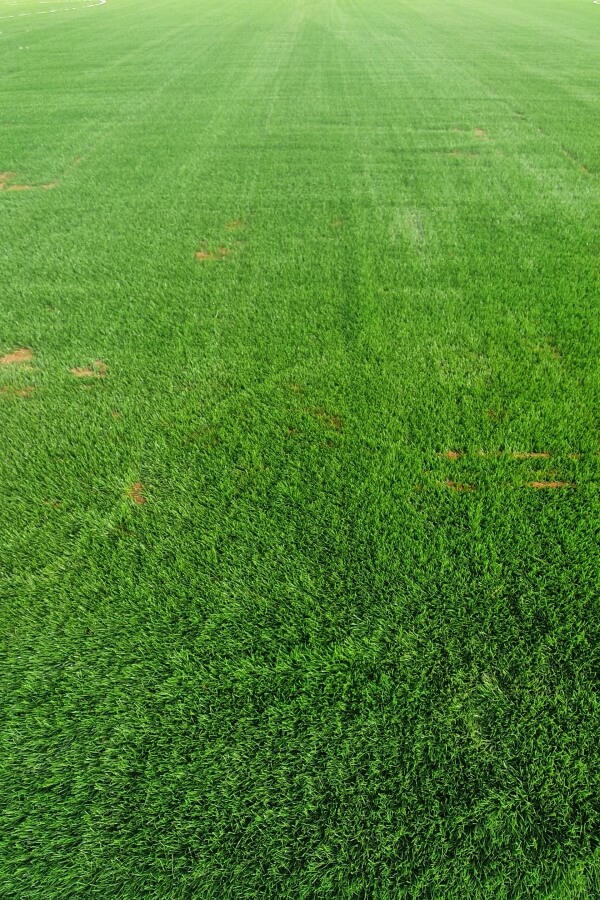
Use strong scents as repellents: Skunks have a keen sense of smell, so strong odors may deter them. Some scents that might help include ammonia, vinegar, citrus, or pepper-based sprays. Apply these around areas where skunks are likely to enter or create dens.
Install fencing: Consider installing a sturdy fence around your property to keep skunks and other wildlife out. Make sure the fence is buried at least a few inches below ground to prevent digging.
Use motion-activated sprinklers: Skunks don’t like being sprayed with water. Setting up motion-activated sprinklers can startle them and encourage them to seek shelter elsewhere.
Avoid trapping: While it may be tempting to trap and remove skunks, this can be risky and may not resolve the problem long-term. Skunks can spray when frightened or cornered, so attempting to trap them yourself can result in unpleasant encounters.
Use natural repellents: Some natural substances, such as predator urine (e.g., fox or coyote urine), can deter skunks. These can be found in stores specializing in wildlife control. Sprinkle the repellent around the perimeter of your yard or in areas where skunks frequent.
Keep bird feeders elevated: Skunks are attracted to birdseed and fallen seeds. Place bird feeders on poles or hanging mechanisms that are difficult for skunks to reach.
Eliminate standing water: Skunks need water like any other animal. Eliminate sources of standing water in your yard, such as birdbaths or puddles, to discourage them from visiting.
Employ sonic deterrents: Some skunk deterrent devices emit ultrasonic sounds that are unpleasant to skunks and other animals, but inaudible to humans. These devices can help keep skunks away.
West Termite, Pest & Lawn can help you keep skunks away. Call us today to learn more.
More posts from West Termite, Pest & Lawn
Pestproofing Entry Points Before Spring
As spring approaches in Arkansas, homeowners face an increased risk of pests seeking warmth, food, and shelter. Many infestations begin with small, unnoticed entry points that allow insects, rodents, and other pests to move indoors. Pestproofing your home before the...
Early Spring Termite Activity in Arkansas
As Arkansas begins to warm in early spring, homeowners may assume termites remain dormant until the summer months. In reality, spring termite colonies can become active much earlier, especially as soil temperatures rise and moisture levels increase. Subterranean and...
Preparing Your Home for Early Spring Pests
As winter fades and temperatures rise in Arkansas, homes become vulnerable to a fresh wave of early spring pests. Early spring is a critical time to take preventive action because insects, rodents, and other pests start emerging from dormancy, seeking food, warmth,...

